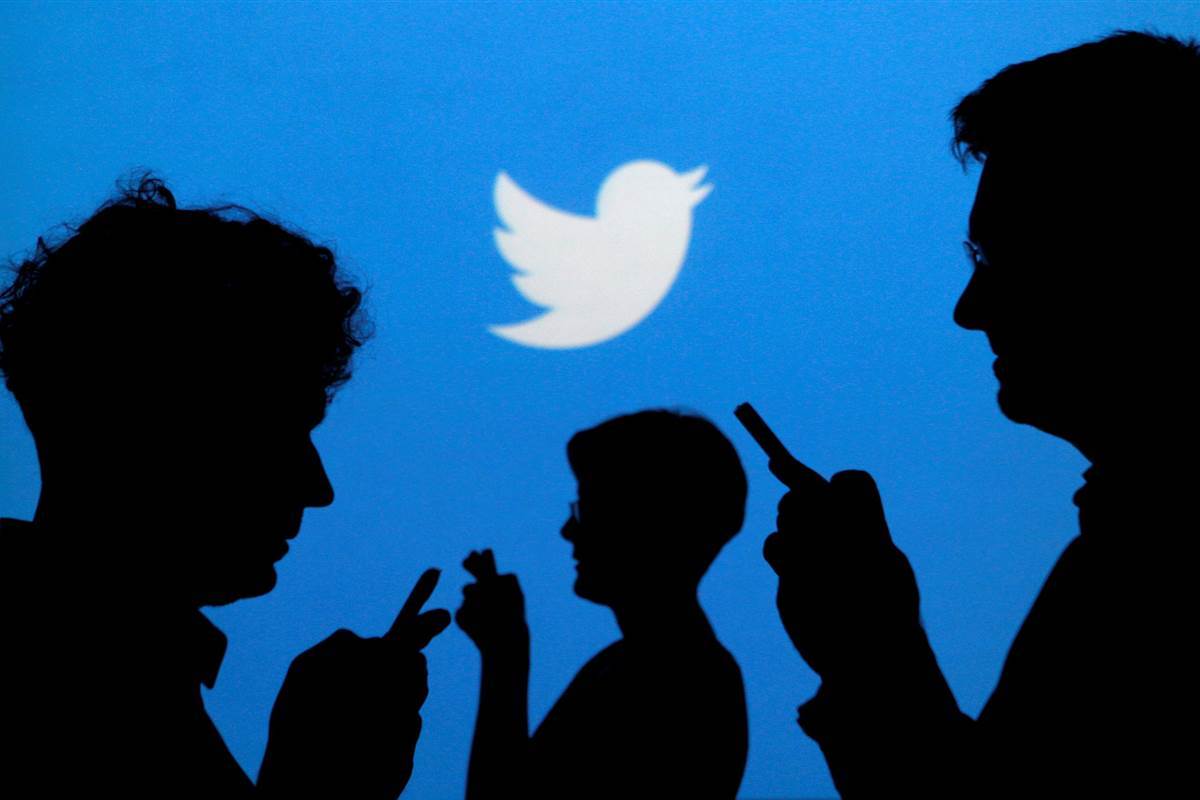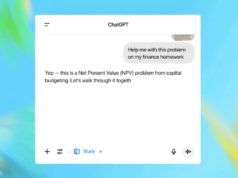
Ahead of the French election, voters are seeing fake news propagated by bots, spammers, and foreign operatives – but it’s still far less than Americans were exposed to during the 2016 presidential election.
Just over 4 percent of political links about the French election being shared on Twitter are misinformation, according to a new study from Oxford University.
The study, which analyzed roughly 842,000 tweets identified by a set of political hashtags during one week in March, also found professional news outlets were shared more often over the micro-blogging site than they were in parts of the United States during the 2016 election.
“The takeaway is that people are sharing news of much better quality than in the U.S.,” the study’s principal author, Clementine Desigaud, told NBC News.
Real News Wins
Stories by major news outlets and other reputable sources accounted for 46.7 percent of total links shared. Although Russia is believed by U.S. intelligence agencies to have interfered in the 2016 U.S. election, only 2.44 percent of Twitter posts on the French election came from state-owned Russian outlets like RT and Sputnik News.
Overall, researchers deemed the health of France’s Twitter ecosystem to be relatively good.
Related: U.S. Eyes Russian Meddling in French Presidential Campaign
At a ratio of more than two links to professional news for every one link to other kinds of political news, France is doing better than the United States did: Another Oxford study conducted in the run-up to the 2016 U.S. elections found Michigan voters were getting equal amounts of professional and junk news via Twitter.
Still, France is performing slightly worse than Germany. During the recent German elections professional news content was shared four times as often as other political news, according to one study.
But Desigaud and other researchers said Facebook, which is more popular than Twitter in France, will likely be the larger concern.
Indeed, another study, published this week by Bakamo Social, a private research group, analyzed posts and shares over a wider range of social media platforms, including Facebook, which closed 30,000 fake French Facebook accounts last week. The study suggested that nearly one-quarter of shared links expressed radical opinions or espoused outright conspiracies.
Many of these sources, the Bakamo study says, were “exposed to Russian influence” and were often supportive of far-right candidate Marine Le Pen.





![[Video] Reimagined for Orchestra, ‘Over the Horizon 2026’](https://loginby.com/itnews/wp-content/uploads/2026/02/Video-Reimagined-for-Orchestra-‘Over-the-Horizon-2026’-100x75.jpg)

